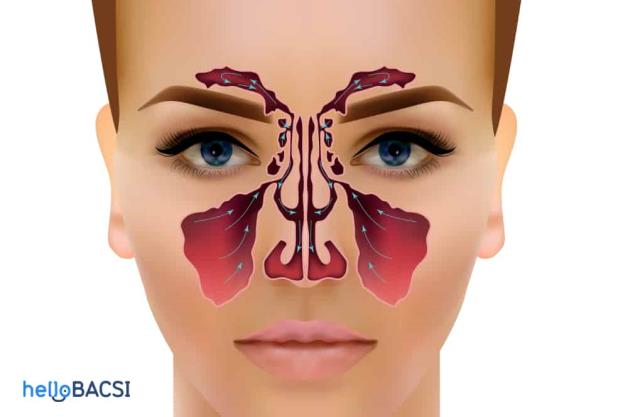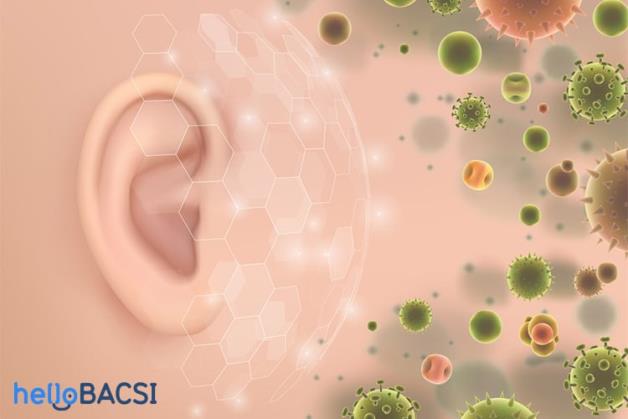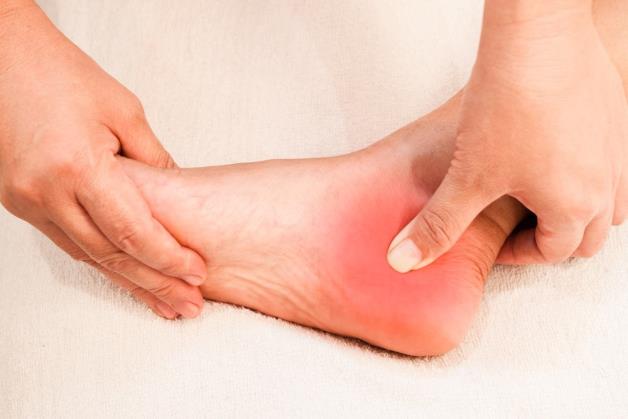Ear fungus is a common disease in people living in hot and humid climates. People who regularly swim, people with chronic skin diseases or diabetes are also at high risk of getting sick.
The disease can be treated with a variety of methods, including medications and home treatments. Read the following article to better understand the disease and how to treat it effectively!
Symptoms of ear fungus
According to Healthline, the disease often has basic symptoms such as:
- Ear hurt
- Itchy ears
- Inflammation and swelling of the ear
- Red ears
- Skin peeling
- Tinnitus
- The feeling of fullness in the ear
- Ear discharge
- Hearing loss
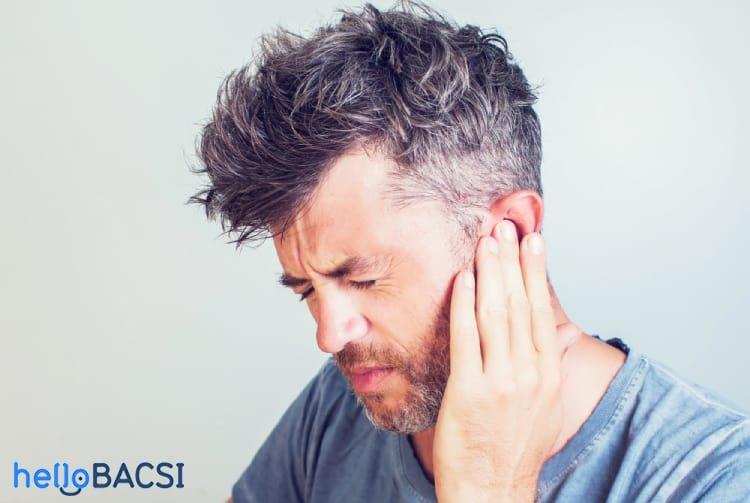
A discharge from the ear is one of the most common symptoms of an ear infection. The discharge from the ear can be different colors such as white, yellow, blue, gray, even black.
Reason
Otomycosis is an infection of the ear caused by the growth of fungi in the ear. Sometimes, the disease also appears on the outside and on the rim, called tinea pedis and otitis externa. There are about 60 types of fungi that can cause this infection. Among them, the most common are Aspergillus and Candida. In addition, in some cases, the fungus will combine with the bacteria, making the infection worse.
The fungus that causes ear disease is usually found in tropical and warm climates. Fungi need moisture and heat to grow, so the disease is especially common in the summer.

Swimming in dirty water can increase the risk of ear infections. In addition, people with weakened immune systems, a history of ear trauma, eczema or other chronic skin problems are also at a higher risk of developing this disease.
Diagnosis of ear fungus
If you feel pain and discharge in one or both ears, you should go to the hospital to be checked. You may need medication to treat your condition, so an accurate diagnosis is essential.
Usually, your doctor will review your medical history and perform some physical examination. They may use an otoscope to examine your eardrum and ear canal. In addition, the doctor may also collect fluid in your ear to conduct tests under a microscope. This helps them make accurate conclusions about your condition.

How to cure ear fungus
There are quite a few treatment options available. After diagnosis, your doctor will advise you on the most appropriate treatment. Treatment methods include:
Ear cleaning
Ear hygiene will help clean and remove the accumulation of fluid inside the ear. Your doctor may use ear cleaners or other methods to clean your ears. You should not clean your ears at home with cotton swabs or other tools. Cotton swabs and gauze dressings should only be used to clean the outside of the ear, usually for otitis externa or tinea pedis. This is because they can damage the ear if inserted too deep inside the ear.
Use ear drops
Antifungal ear drops containing clotrimazole and fluconazole can be used to treat ear infections. Additionally, acetic acid is a fairly common treatment option for tinea versicolor. Using 2% acetic acid ear drops for about 1 week can help relieve symptoms. In addition to acetic acid, 5% aluminum acetate ear drops have similar effects. However, to be on the safe side, you should use the medicine as directed by your doctor.
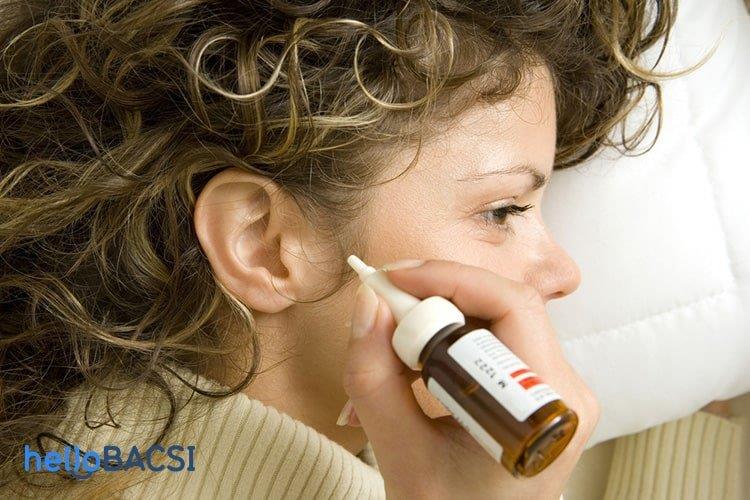
Drug
There are many different types of ear fungus medications. The ear fungus Aspergillus is resistant to common ear drops. In this case, some oral medication such as itraconazole (Sporanox) will be prescribed.
Alternatively, you can also use over-the-counter ear fungus medications such as nonsteroidal anti-inflammatory drugs or acetaminophen (Tylenol) for pain relief.
Ear fungus ointment
If you have otitis externa, your doctor may prescribe topical ear fungus medications. These drugs are usually prepared in the form of ointments or creams to treat fungal infections of the outer ear, ringworm.
Home Remedies
Some home remedies can help treat the condition effectively. However, before applying, you should consult a specialist. Diluted hydrogen peroxide can relieve ear congestion caused by fluid and earwax buildup. Over-the-counter medications containing carbamide peroxide have a similar effect.
After swimming, you can use over-the-counter ear drops to clean your ears. Wearing a swimming cap or using earplugs while swimming will help reduce water in the ears. Besides, you can also use a hair dryer to dry your ears after bathing or swimming. However, when using the dryer, you should turn on the moderate temperature and avoid placing the device too close to the ear.
N hững issues should be considered when treating fungal ear
Most of these cases are completely treated with antifungal medication. However, some people do not respond to these treatments, causing the disease to become a chronic condition. In this case, the patient needs to be monitored and treated in the hospital.
If you have diabetes, a weakened immune system, or other chronic health problems, you need to keep these conditions under control. In addition, treating chronic skin conditions such as eczema is also extremely important.

After treatment, you need to avoid exposure to a polluted environment, because it can facilitate the return of the disease.
How to prevent ear fungus?
- Avoid getting water in your ears while swimming or surfing
- Dry your ears after bathing
- Do not clean your ears with cotton balls
- Avoid scratching the skin outside and inside the ear
- Use acetic acid ear drops after removing water from the ear
